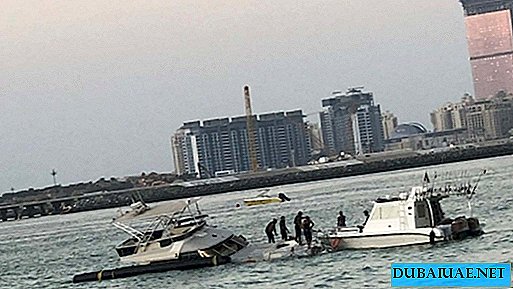Scientists from the UAE are working on a medicine of the future, acting individually for each patient and disease.

The Dubai Health Authority is developing a new generation of medicines that take into account the genetic characteristics of each patient individually. The first phase of an ambitious genomic project will be launched by summer.
All residents can voluntarily register and participate in an innovative project, the purpose of which is to develop new drugs that work on an individual level on the principle of "one medicine, one disease, one person."
"The goal of this project is to change the logic of using one drug to treat many diseases," said Dr. Hemad Yasei, a genetic specialist at Latif Hospital. "We are all different, so we need personalized medicines," the doctor added.
According to Mr. Hemad, despite the fact that at the first stage the project needs 1000 UAE citizens, anyone can register in the project. "We will collect a good database, starting with citizens of the Emirates and switching to representatives of other nationalities, of which there are a huge number of people in Dubai," the doctor said, recalling that the collection of samples will begin in the summer.
In the UAE, 220 genetic diseases are widespread. Among other diseases for the fight against which the project is being implemented, one can single out breast and prostate cancer, leading the ranking of cancer diseases, diseases leading to mental retardation and blindness.
All those who register in the program will initially call the project specialists. All registered will receive messages indicating the date and place of blood sampling for analysis. Some participants will also be asked about their family history, the lifestyle they lead, and some other factors. "We will collect samples using artificial intelligence (AI) technology to identify algorithms," Mr. Hemad shared the details. During the study, the confidentiality of the personal data of each patient will be maintained, for scientific purposes, all participants will be divided according to nationality.
At the second stage of the project, the collected data will be analyzed to identify common patterns - this will predict the development of the disease at an early stage. "If you detect the disease at an early stage, it is easier to fight it in the long run. Therefore, even children can take part in the project. Instead of blood from children, we will take the crops of the oral cavity for analysis," the scientists explain.










